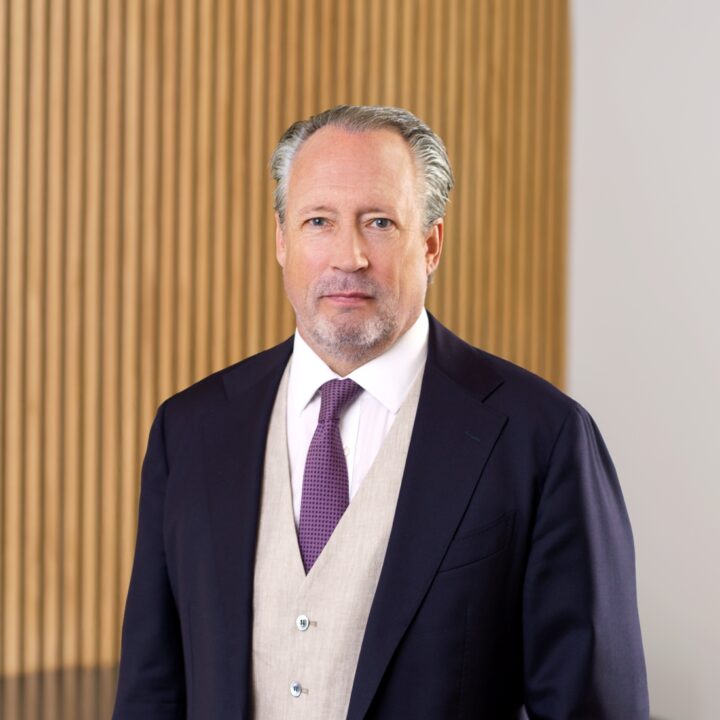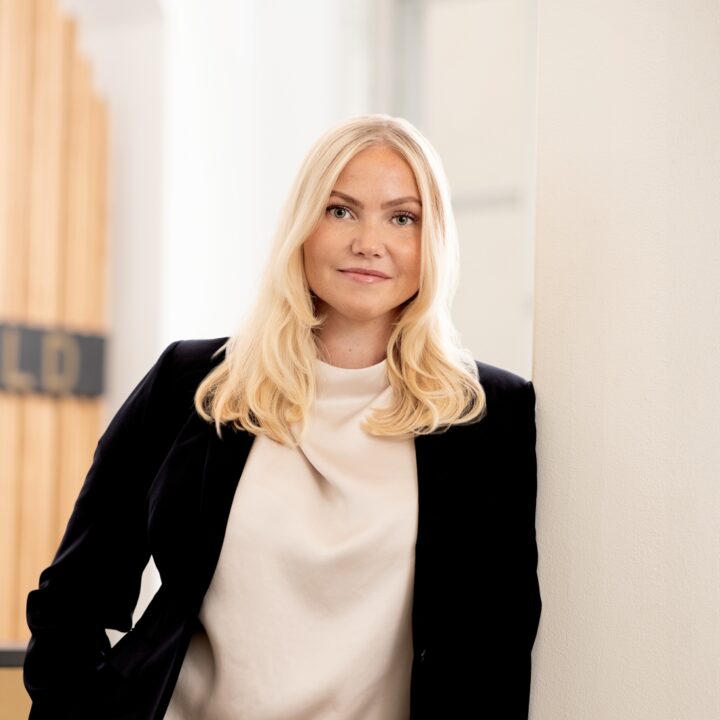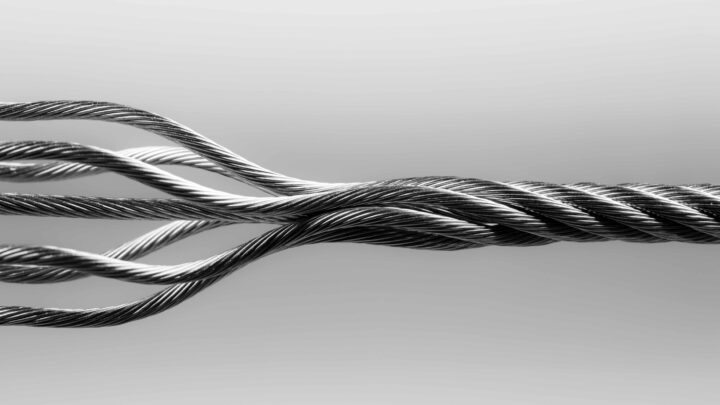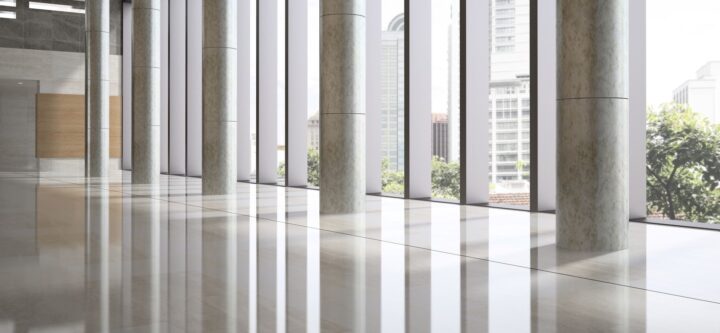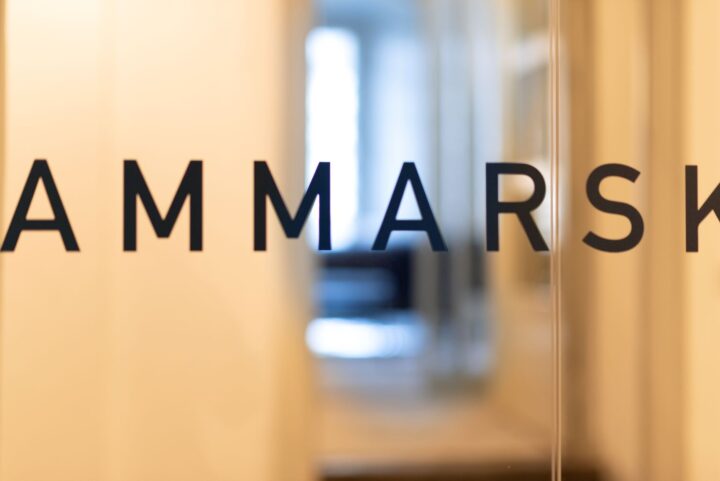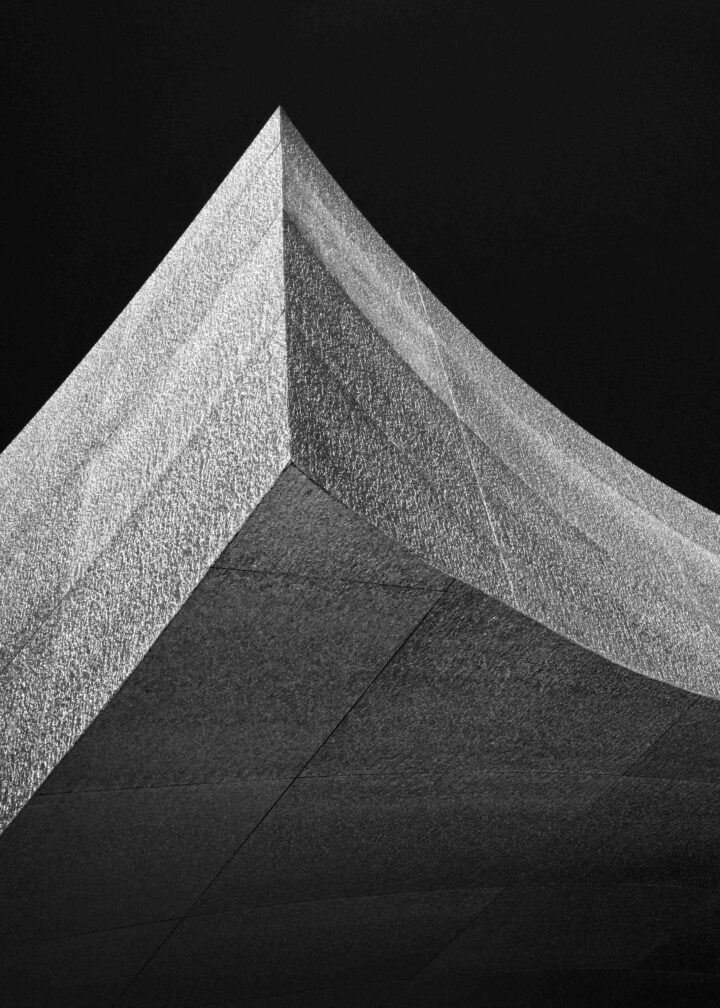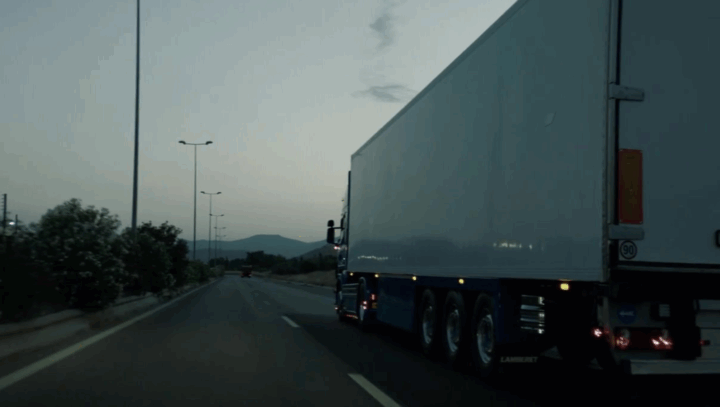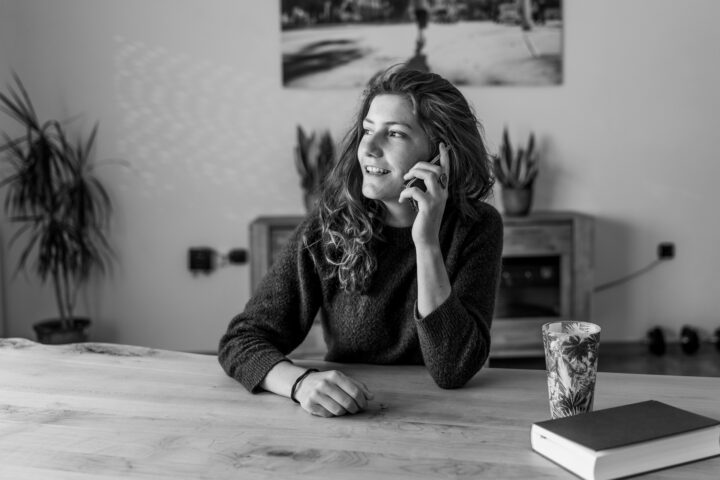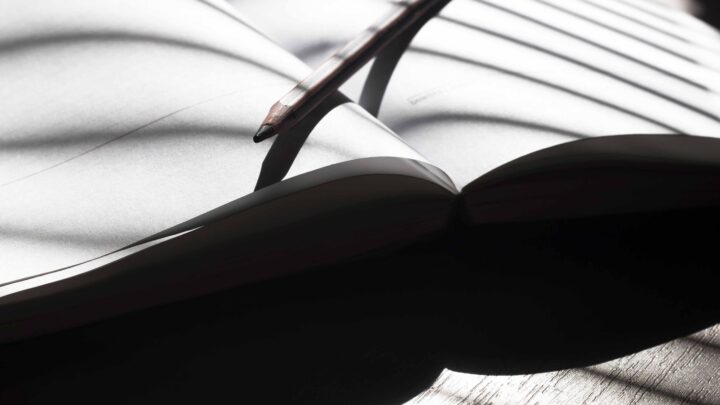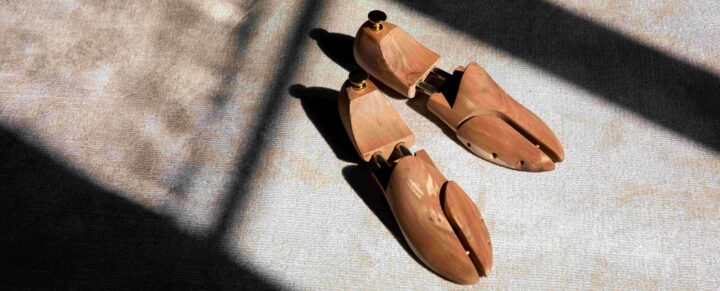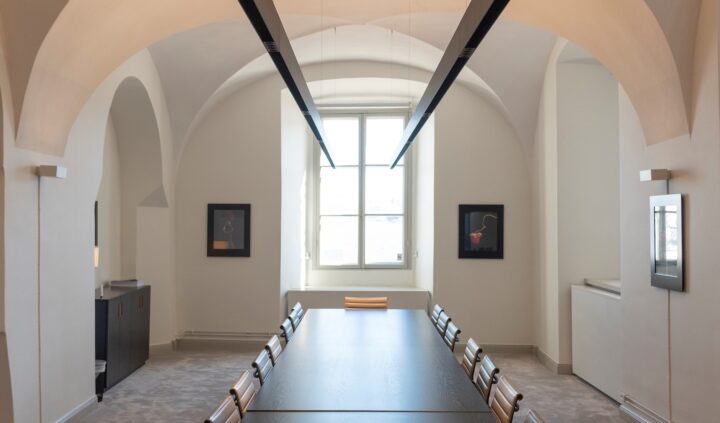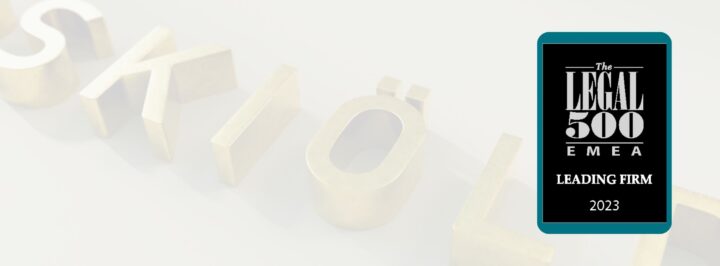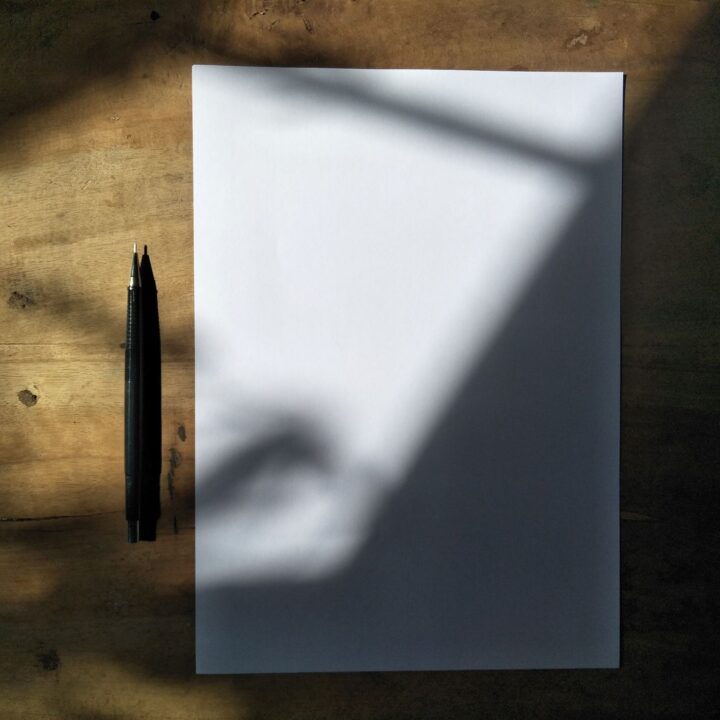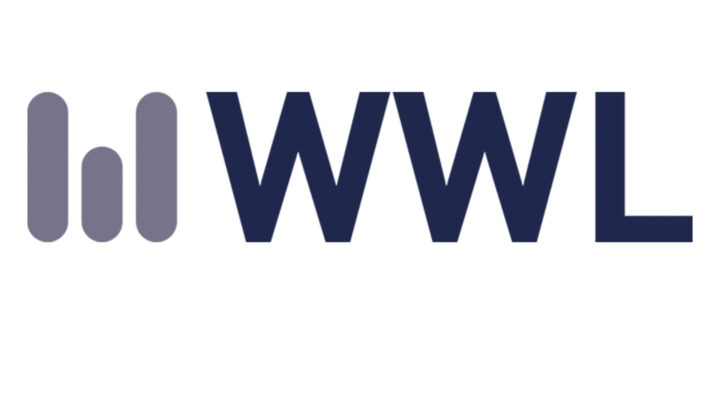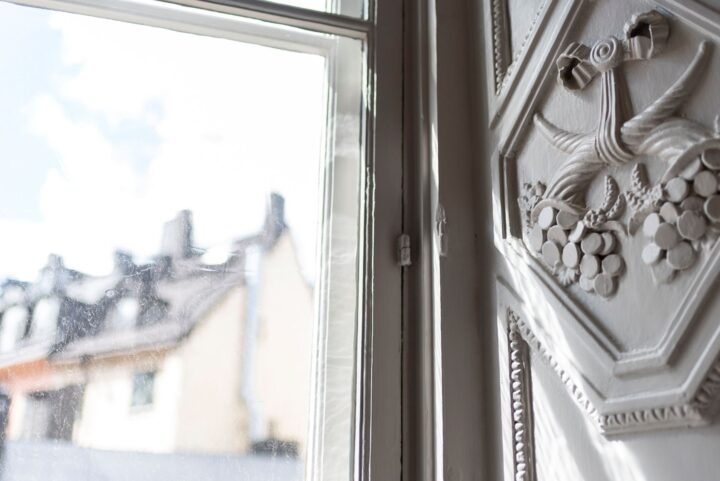The digital technology enables new ways of using copyrighted work. In order to modernise the Swedish legislation, the Riksdag in December 2022 voted in favour of the Government's proposal to amend the Swedish Act on Copyright in Literary and Artistic Works (1960:729) (Sw. lag (1960:729) om upphovsrätt till litterära och konstnärliga verk). The proposal is based on the EU Directive on Copyright in the Digital Single Market. The amendments will come into force on 1 January 2023.
The Government's proposal includes, among other things, restrictions in copyright to facilitate teaching and research, as well as to protect the cultural heritage. It also entails new provisions concerning the conditions to freely reproduce older works of art.
The proposal further means that publishers of press publications will be able to receive compensation when their works are reproduced on the internet. This means, for example, that media companies, such as newspapers and television, shall be able to request compensation when publishers, such as Google and Facebook, uses their articles by publishing text extracts. The new provision will not apply to non-commercial use of the press publication or acts of hyperlinking.
In addition, the new legislation contains provisions to ensure that authors, when transferring their rights, are guaranteed the right to reasonable remuneration. Through continuous information sharing from the acquirer to the author, this remuneration can be further increased if it turns out that the initial remuneration was not fair in the light of subsequent circumstances.
Finally, the new legislation introduces a new responsibility for major sharing platforms, such as Youtube and Facebook, which means that they are also deemed to transfer works to the public when users of their services upload content to their platforms. This means that the sharing platform can also be held liable for any copyright infringement committed by users when they share material they do not have the right to share. Such liability can only be avoided if the sharing platform enters into an agreement with the right holder, or ensures that copyrighted material is not unlawfully shared on their respective platforms.
Hammarskiöld has followed the legislative process, from directive to parliamentary decision. If you have any questions about the upcoming legislation or how it will affect your business, don’t hesitate to contact us.
Contact persons for Hammarskiöld’s intellectual property team:
Claes Langenius (Partner)
Lisa van den Berg (Associate)

